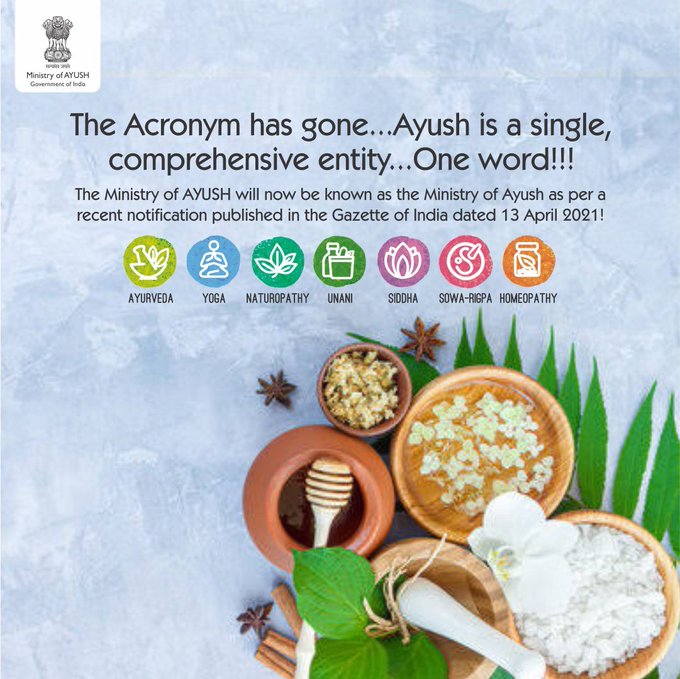Despite heart disease being the leading cause of death in the US, a new study reveals a concerning gap in care for survivors. Many aren’t receiving vital nutritional counseling after a heart attack, which could significantly improve their health outcomes.
The research, published in the Journal of the Academy of Nutrition and Dietetics, found less than a quarter of patients received any dietary guidance within 90 days of hospitalization for a cardiac event. This includes heart attacks, bypass surgeries, congestive heart failure, and stent placements.
“Nutritional counseling is key to preventing future events, but not enough patients are getting it,” said lead author Dr. Eric Brandt, a cardiologist at the University of Michigan.
A Crucial Window of Opportunity
Following a heart attack, patients are particularly receptive to lifestyle changes that can positively impact their future health. This “sweet spot” presents a golden opportunity to adjust their diet and lower cholesterol and blood pressure, reducing the risk of future blockages.
“Patients are scared after a heart attack, which motivates them to make changes for about 6 months,” explained Barbara Olendzki, a nutrition director at UMass Chan Medical School. “Unfortunately, many don’t take full advantage of this window.”
The Power of Counseling
Studies show that medium- to high-intensity dietary counseling can significantly change eating habits for those at high cardiovascular risk. This can lead to a healthier diet, lower blood pressure and cholesterol, and improved weight management.
Counselors typically recommend a diet rich in fruits, vegetables, whole grains, nuts, legumes, and healthy fats like olive oil. They also advise limiting saturated fats, sweets, red meat, and alcohol consumption.
However, the effectiveness of counseling hinges on format and frequency. One-time sessions aren’t enough. Building trust with a clinician and identifying impactful changes takes time.
“It’s not just about preaching healthy eating,” says Geeta Sikand, a registered dietitian. “It’s about finding ways to overcome barriers to positive dietary changes.”
For instance, if stress or busy schedules lead to poor choices, prepping healthy meals in advance can help. Similarly, managing alcohol intake or opting for grocery delivery services can address specific challenges.
Barriers to Care
The biggest hurdle isn’t the quality of counseling, but the lack of access altogether. Cost, time constraints, and motivation all play a role in preventing patients from getting the care they need.
Counseling with a registered dietitian is ideal, as they specialize in both nutrition and the behavioral aspects of healthy eating. Unfortunately, insurance often doesn’t cover such services unless a patient has specific conditions like kidney disease or diabetes.
Cardiac rehab programs may offer some limited nutritional counseling, but it’s not as comprehensive or frequent as standalone sessions.
Hope for the Future
There’s hope for improved access to nutritional counseling. A bill in Congress (HR 6407) aims to expand coverage for Medicare patients with cardiovascular disease and other chronic conditions. This could pave the way for private insurers to follow suit.
Ultimately, both patients and insurance providers need to recognize the value of nutritional counseling in preventing future heart attacks and saving lives.












